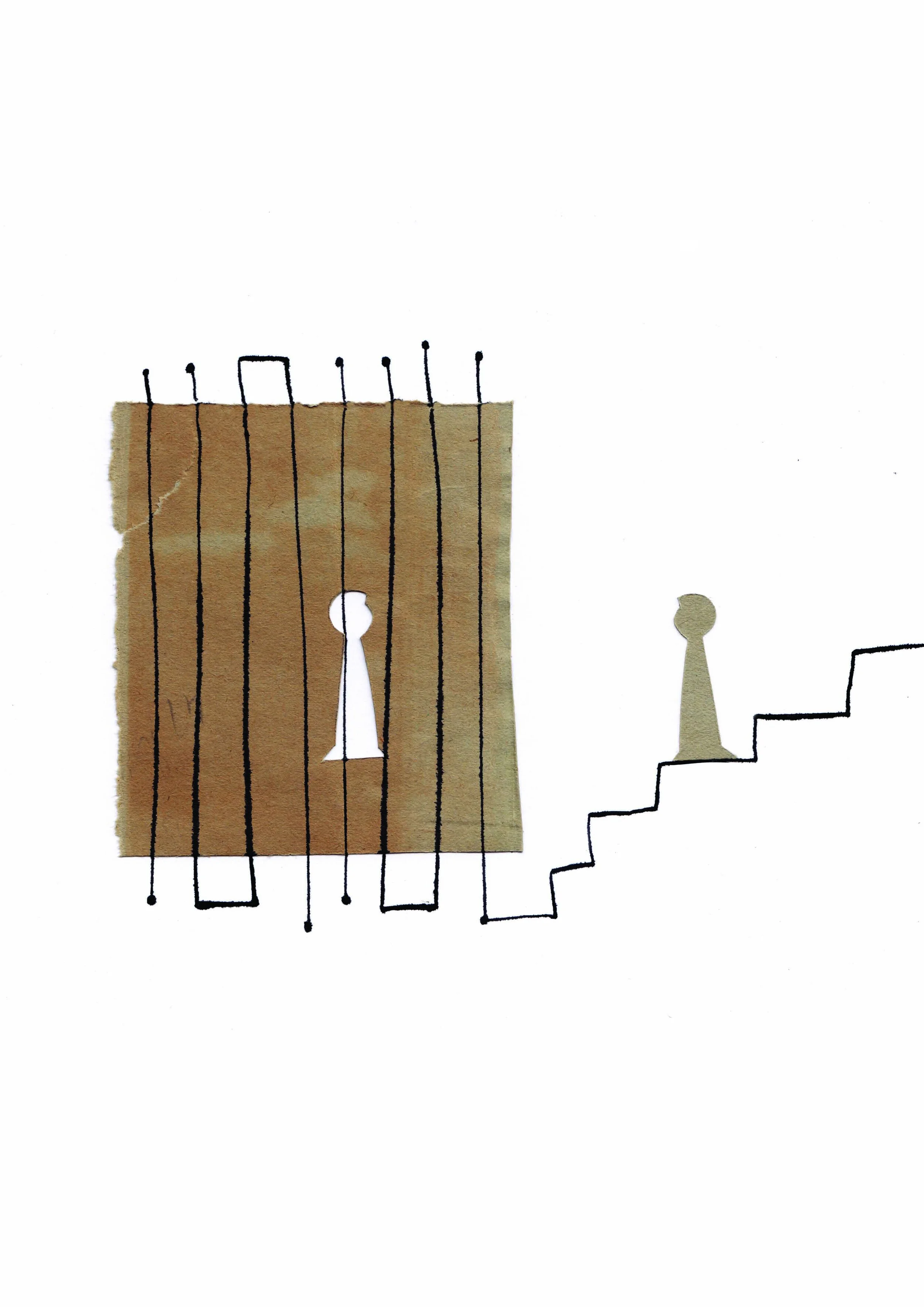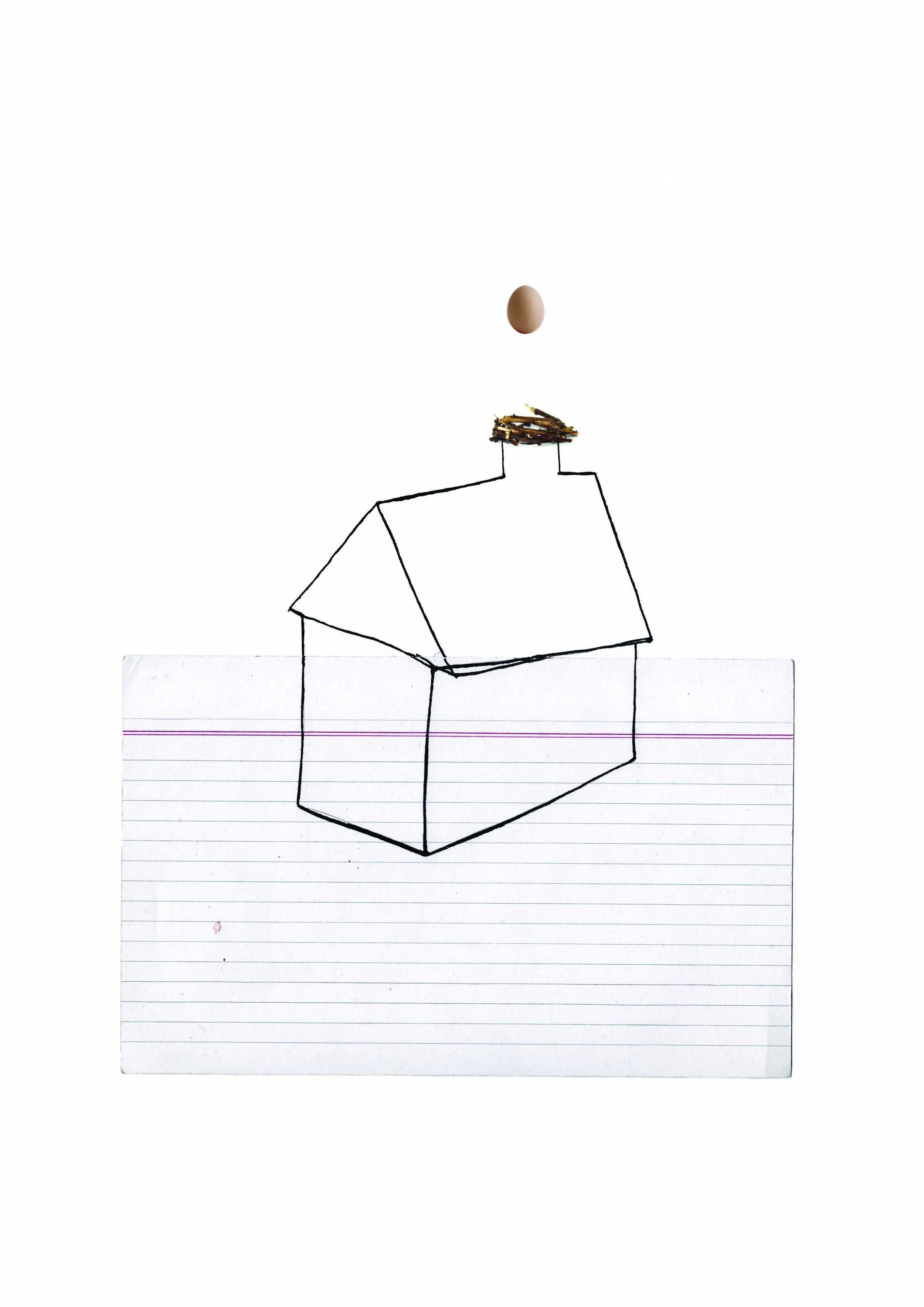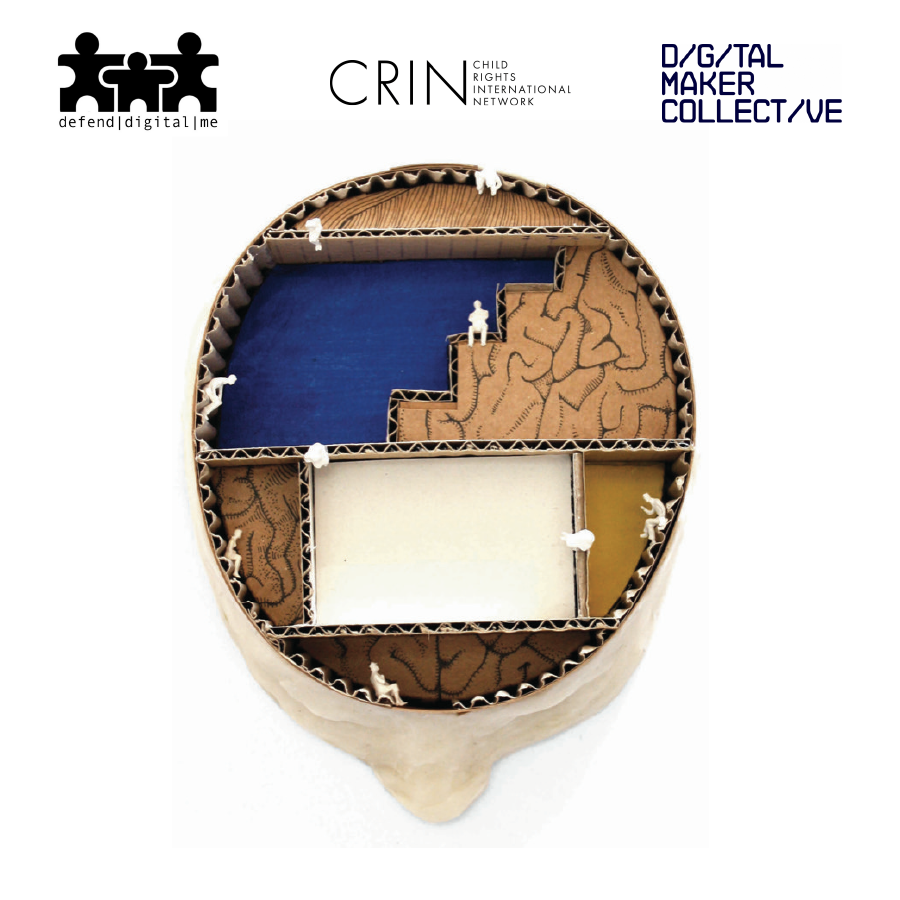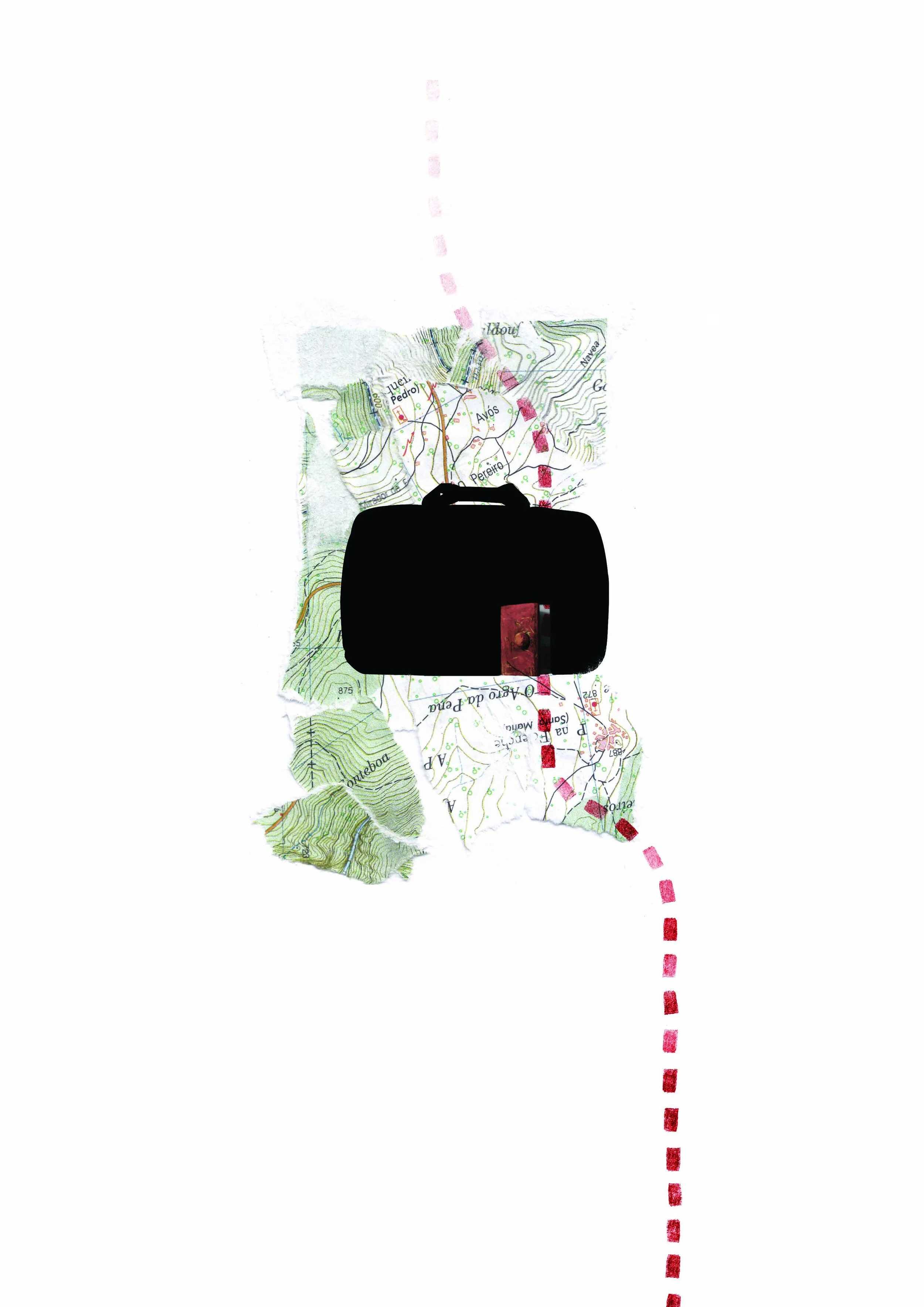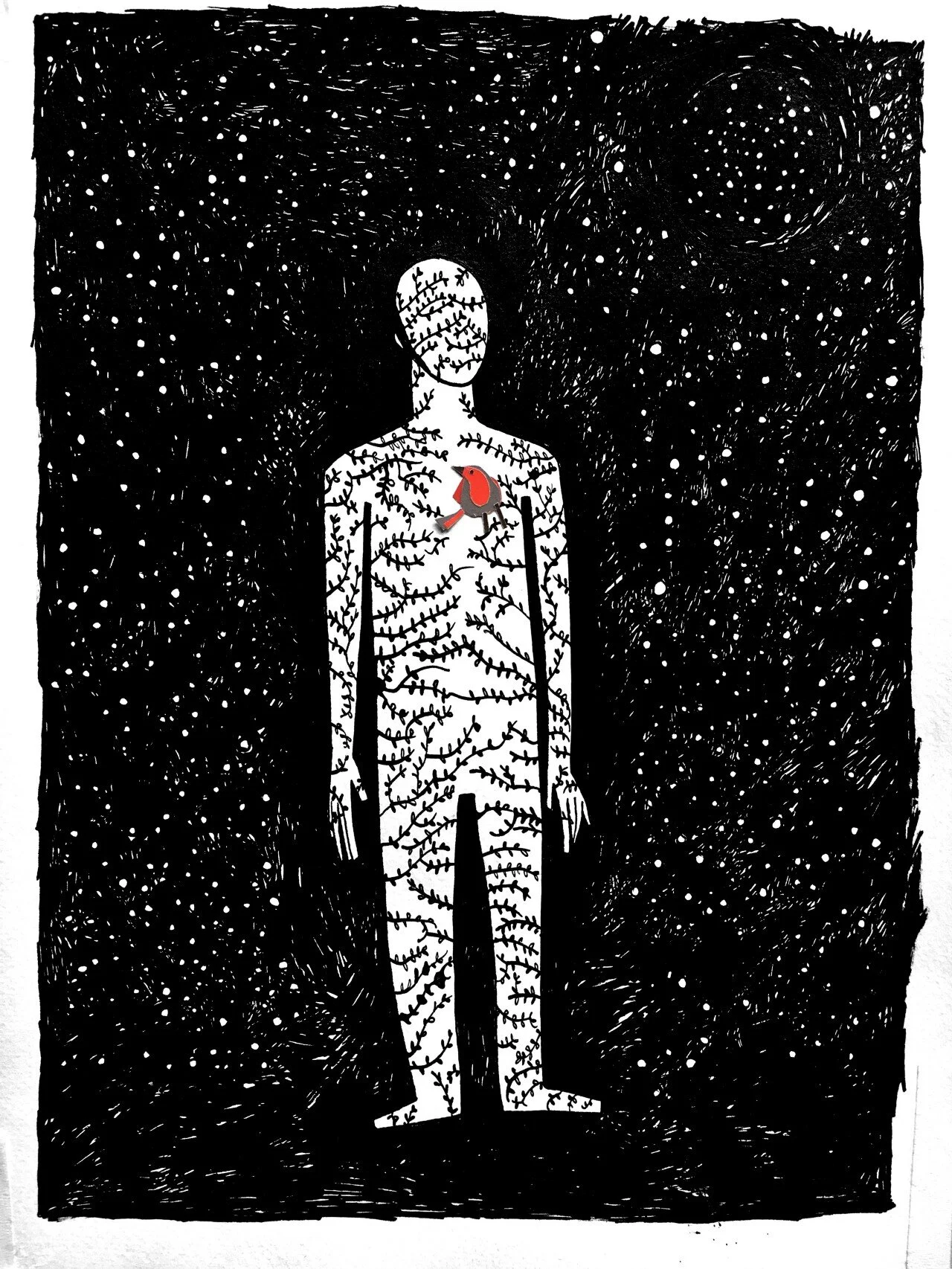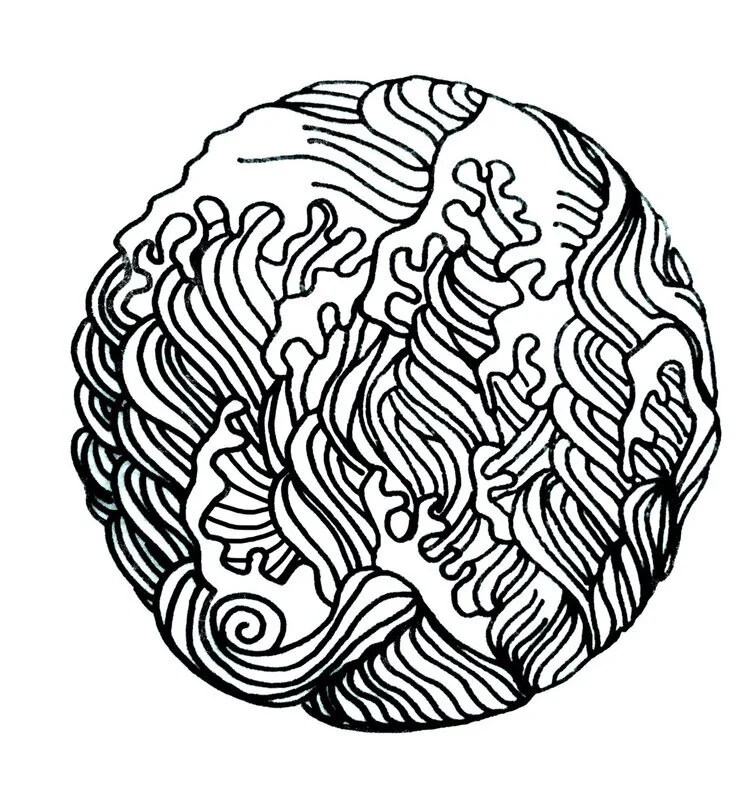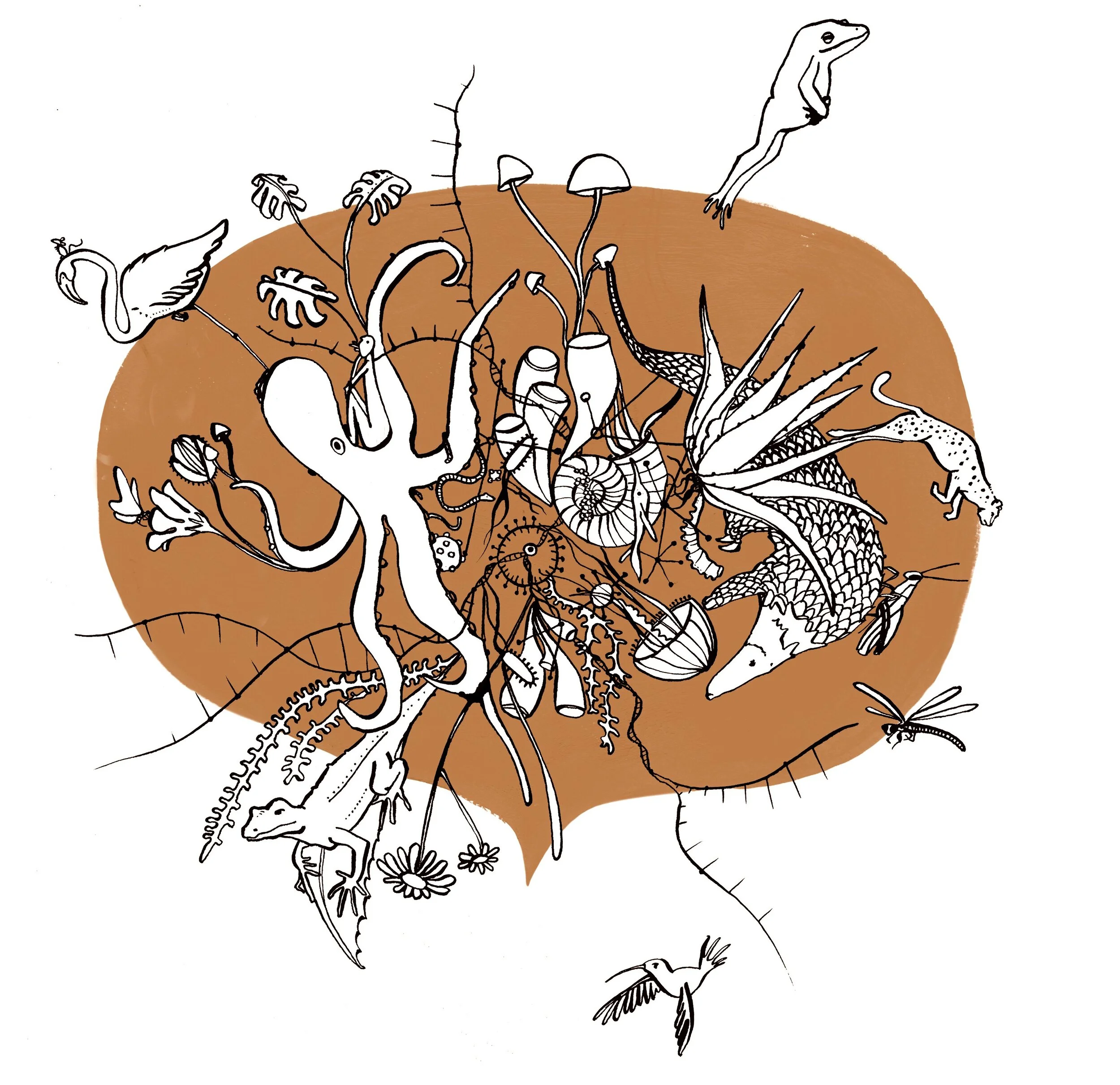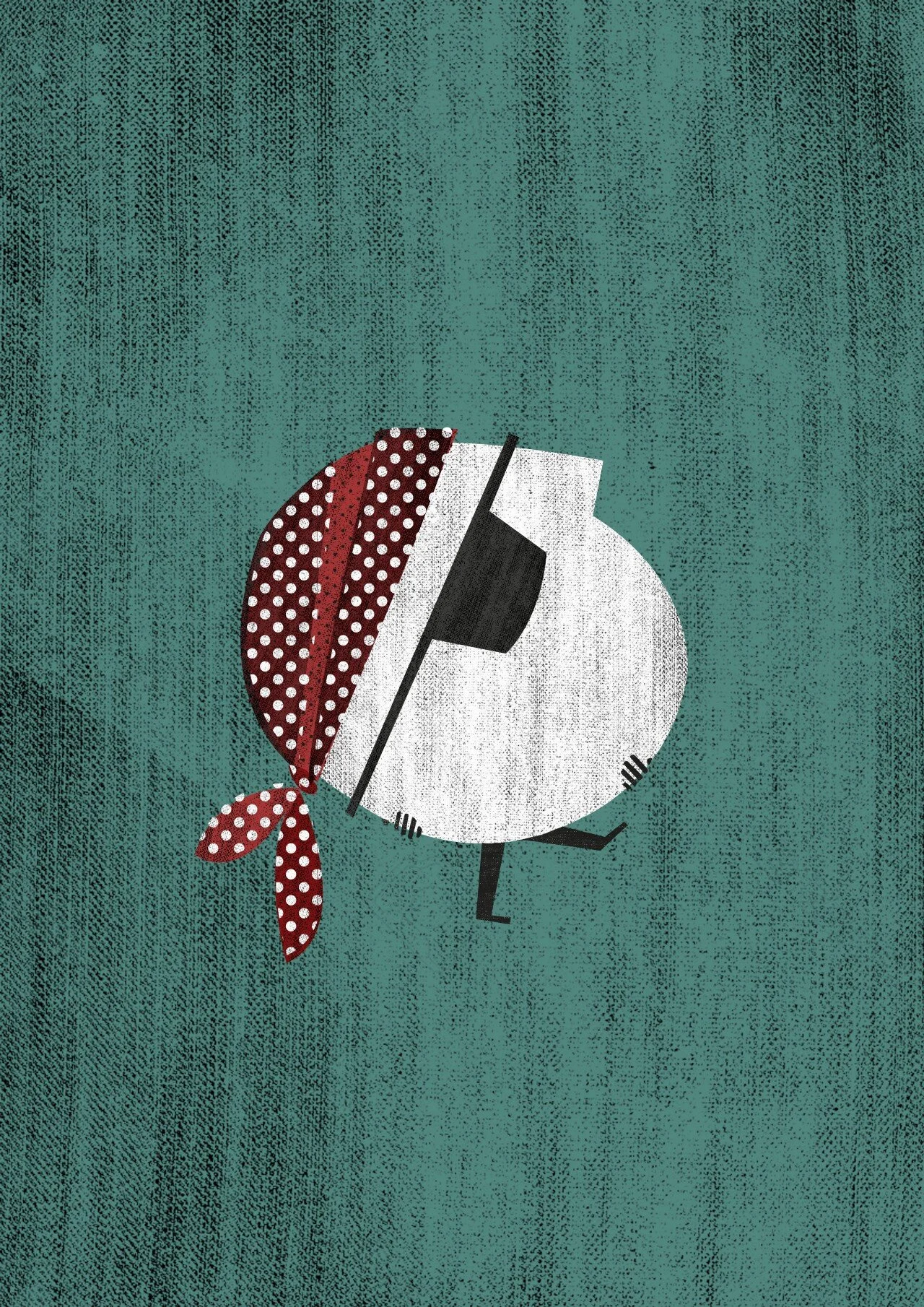How have youth climate activists adapted their work and what lessons from the pandemic can be applied to the fight for climate justice?
Read MoreThis week, CRIN staff recommend: A glimpse into an alternative future on Earth Day, the language of martyrdom, collective grief and documentaries on American Circumcision and 2040.
Read MoreThe overturning of Cardinal George Pell's conviction may feel like a setback, but there could be a positive impact. This article, first published in Al Jazeera English, looks at the potential of Pell’s case in raising awareness about clergy abuse and how the key to justice for survivors of institutionalised sexual abuse is in the collective response.
Read MoreThis week, CRIN staff recommend: Looking at surveillance after coronavirus, Fridays for Futures online, re-imagining security, revolutionary woman making sanitary pads in India and more.
Read MoreIn this entry of the CRIN Diaries, a series of articles in which staff members reflect on aspects and experiences of their work in human rights, Lianne Minasian, Deputy to CRIN’s Director, shares her thoughts on volunteering during the Covid-19 crisis, drawing on her own experience as a volunteer with her local response group.
Read MoreWhat are the specific challenges for under-18s in prisons and detention facilities within the criminal justice system, and how governments respond?
Read MoreWith many people now working from home because of lockdowns due to COVID-19 - including those who aren’t used to it - we’re sharing some useful habits that we’ve picked up along the way.
Read MoreWith the spread of Covid-19 keeping many of us and our families at home for extended periods, we’ve put together an assortment of materials that we’re currently reading, watching or listening to which are helping us to take our mind off things, and we hope they’ll be useful to our readers too.
Read MoreFrom 3 - 8 March 2020, CRIN will be exploring the creative power of the tech and arts industries at the Tate Exchange, running workshops on faming cities, children's rights and the right to privacy in tech, including facial recognition, deepfakes and surveillance.
Read MoreIn a new position paper, CRIN and partners outline the rights-based approach that States must take in their treatment of children who travelled to Iraq or Syria, either alone or with their families, to join the so-called Islamic State. The organisations make a series of recommendations on criminalisation, detention, rehabilitation, nationality, family separation and access to health and education.
Read MoreIn our new publication ‘POWER’, we asked -18s around the world what Power meant to them.
Read MoreLanguage isn’t just about words, even if dictionaries state otherwise. Most of us communicate through words, yes, be they written, spoken or signed, but most communication comprises facial expressions, physical cues and ‘speaking’ with our eyes, aka body language.
Read MoreAn action or event can cause ripples in a society which, in turn, expand further, reaching more and more people. But while ripples eventually fade, what’s left is like a body of water nudging the banks and filtering through the depths to new soils.
Read MoreA poem by Basma Osman.
Read MoreCreatures that had been dead for hundreds of millions of years would suddenly come alive again. Tiny plants and animals that floated in the ocean, more multitudinous than anyone could comprehend, which over time had died, sank to the ocean bed, were buried, crushed, melted, compressed and simplified as the aeons passed.
Read MoreMy name is James Douglas, I’m 16 and from Northern Ireland. I have albinism and the group I am linked with is Angel Eyes NI which helps young people and families affected by visual impairments.
Read MoreIf there’s one phrase we’ve heard in response to Be More Pirate, it’s that it gives people permission. Permission to speak up, to tell the truth or to do something they were previously afraid of doing. It provides a language and an opportunity to reclaim the power they didn’t even know was absent.
Read MoreYou discover an injustice. You think something should be done about it. You want to do something about it. You’re a teenager or an adult, a diplomat or an NGO or someone or something else. You ask: what can I do? Aided and abetted by Nick Martlew, author of ‘Creative Coalitions’, a handbook for people seeking to work with others to change the world.
Read MoreTo produce the edition “Power” of the magazine, we read, listened to, discovered, and were inspired by the following materials.
Read MoreTo produce the edition Power of the magazine, we read, listened to, discovered, and were inspired by the following materials.
Read More





